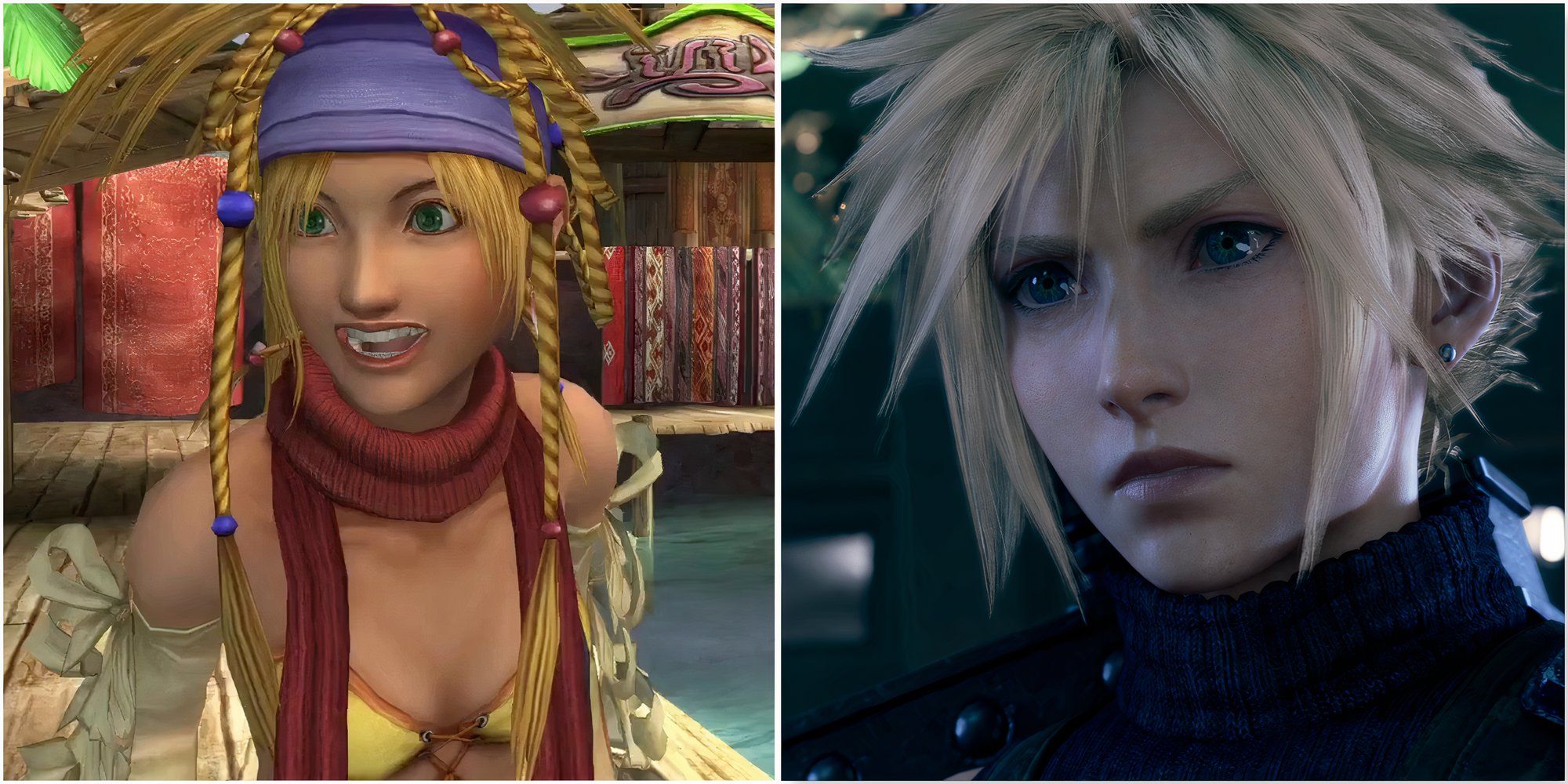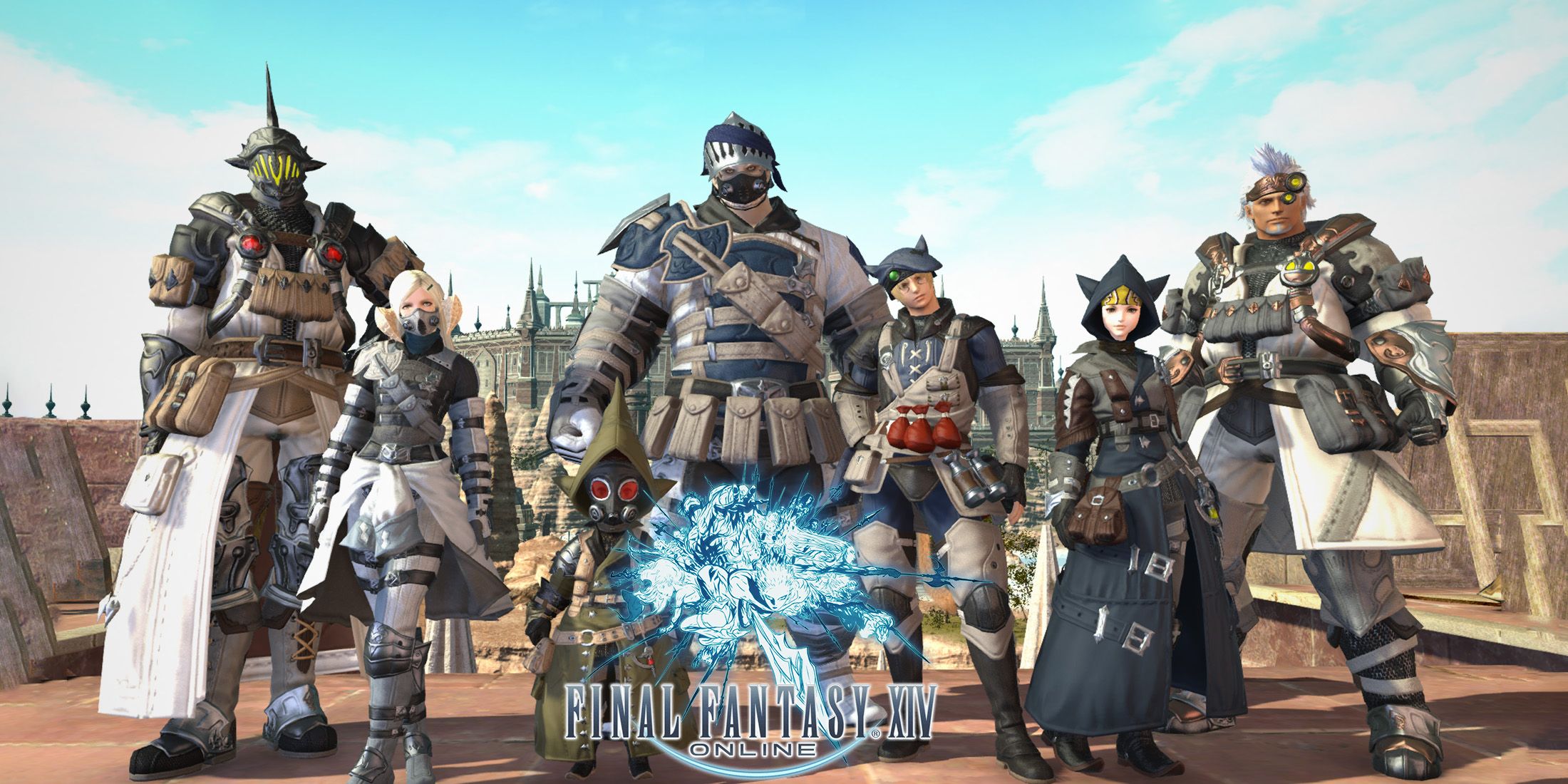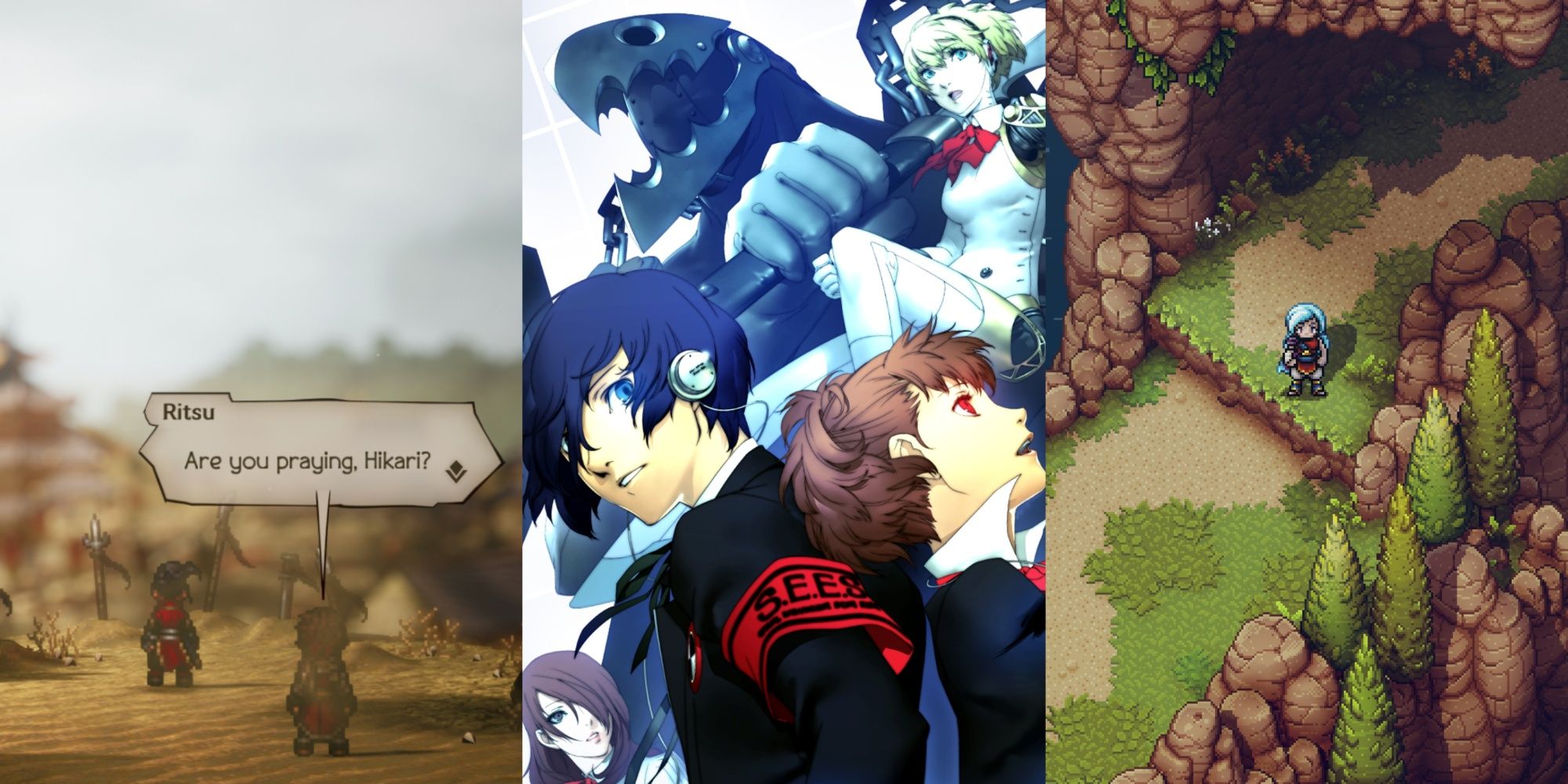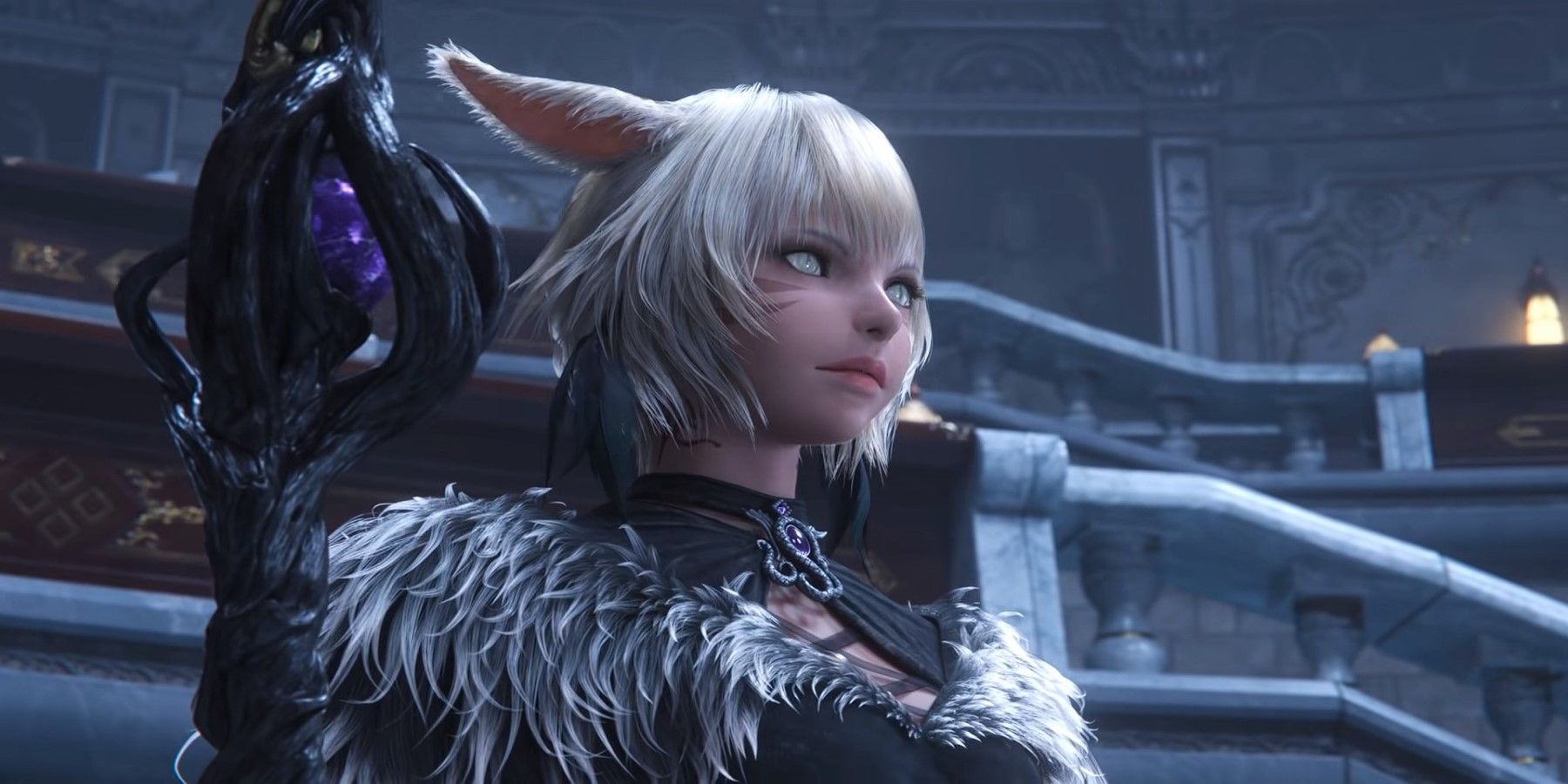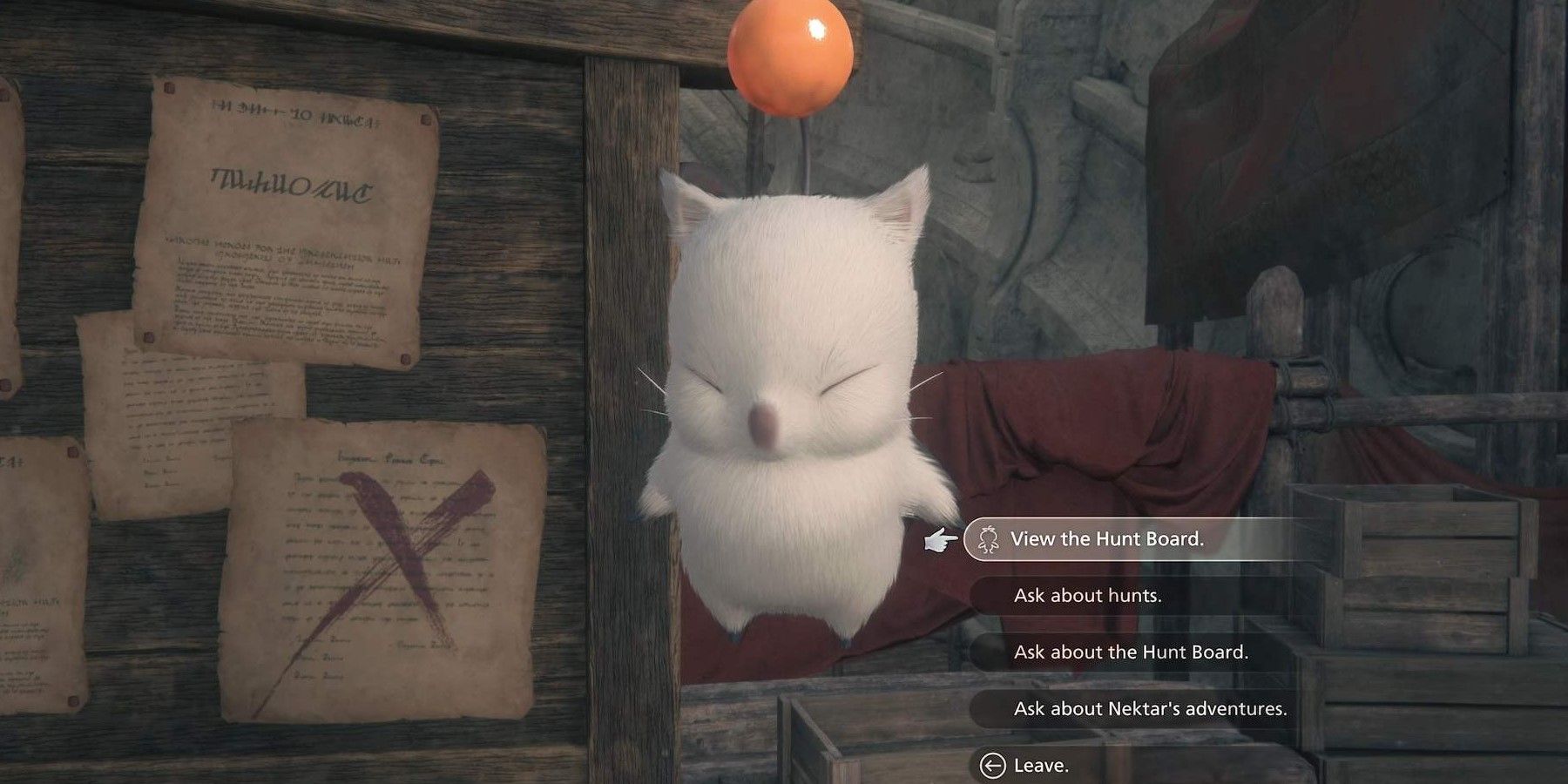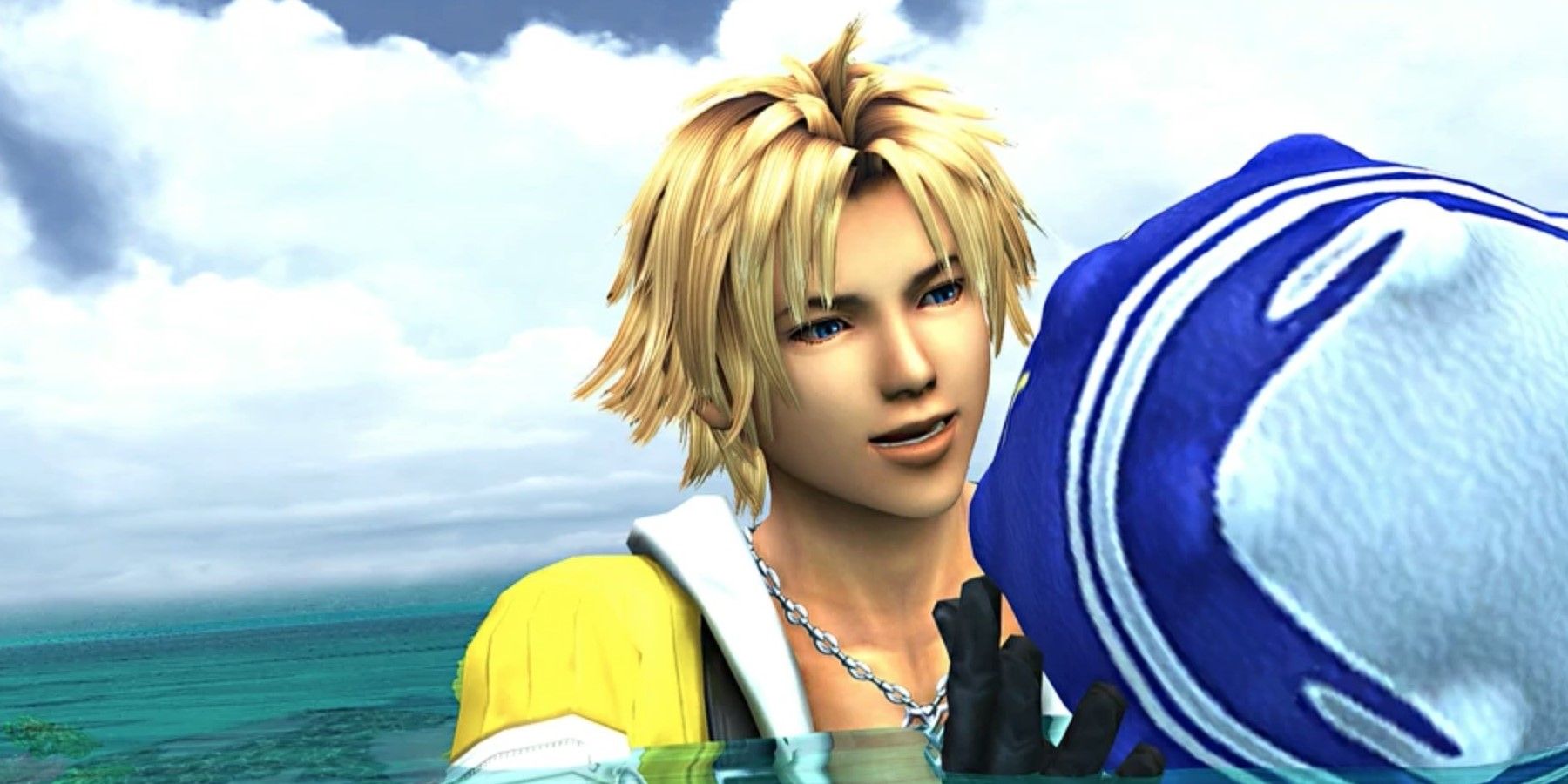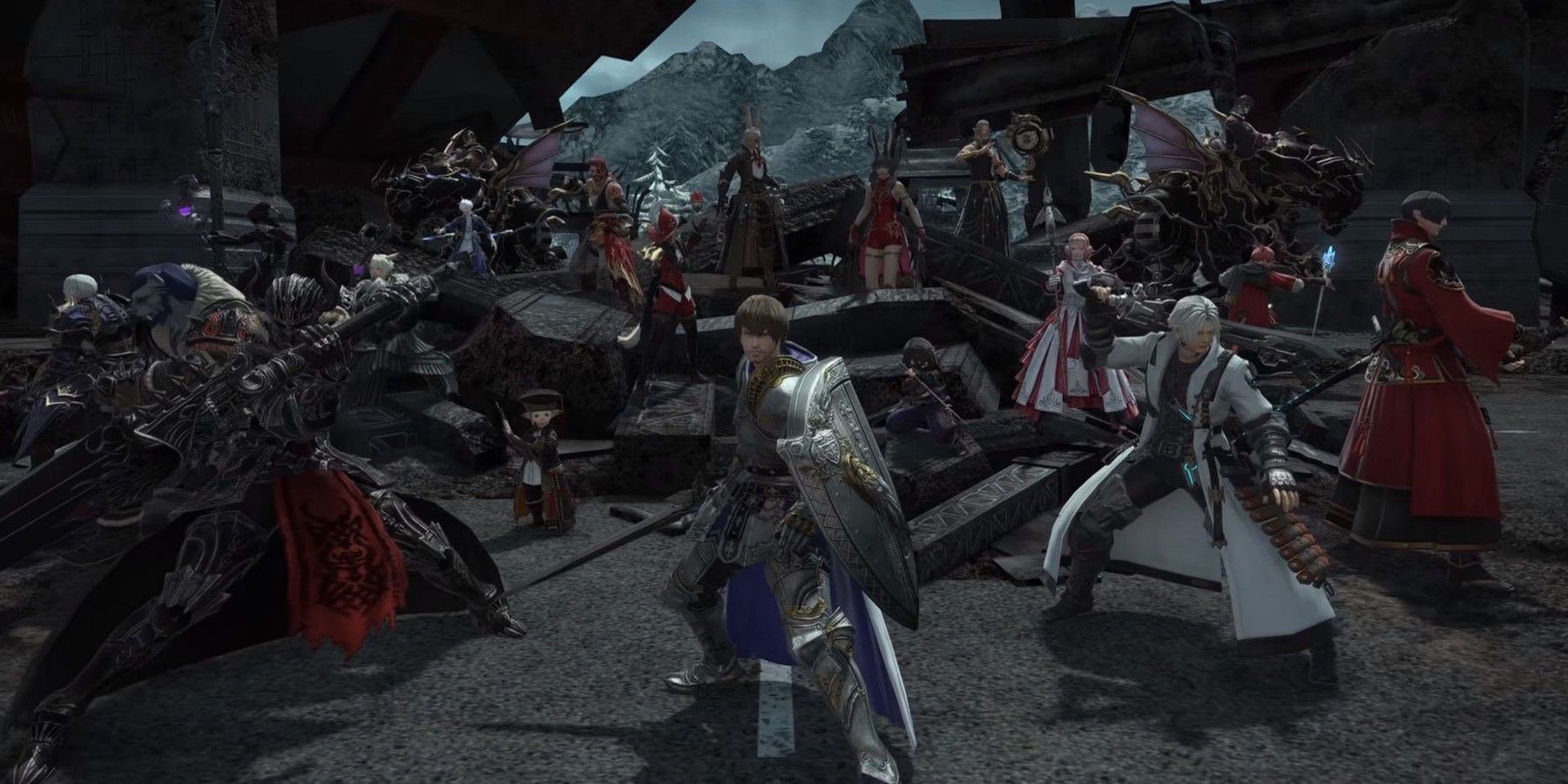Highlights
- Each Final Fantasy game is its own self-contained story, with few connections to other entries, apart from a few recurring elements.
- The iconic mascots of the series, including Moogles, Chocobos, and Tonberries, play important roles in the games and can pose significant challenges to players.
- The debate over the pronunciation of Tidus' name can be settled by its origins, which suggests that it should be pronounced as "Tee-dus."
The Final Fantasy series is constantly evolving and adapting to the times. Even as the main series is now sixteen entries deep, there have been some consistent, albeit loosely enforced, unwritten rules that Final Fantasy fans still abide by to this day.
It is no secret that Final Fantasy fans will endlessly debate over their favorite entries, their go-to Jobs in certain games, or whether turn-based combat will ever return to Final Fantasy as a main feature. But, the unwritten rules of Final Fantasy remain a constant if invisible presence in the minds of veterans and newcomers alike.
Final Fantasies Are Usually Not Connected
One of the Final Fantasy series' known recurring rules is that each entry is independent of one another. Aside from some series staples such as the monsters that players will fight, the crystals as a plot device, and the musical motifs such as the "Victory Fanfare" blaring after a hard-fought battle, most Final Fantasy games are their own self-contained story. This means that series newcomers do not necessarily have to play the games in any particular order. However, Final Fantasy 10 and Final Fantasy 13 have had direct sequels, which are exceptions to the rule. By the same token, games such as Final Fantasy 14 can reference Final Fantasy 16 in subtle ways because they were made by the same business unit at Square Enix. This allows the rule to be bent a little, but not be completely shattered.
Moogles, Chocobos, and Tonberries, Oh My!
From the fuzzy, bat-winged Moogles to the feathery and fleet-footed Chocobos and the small but deadly Tonberries, the mascots of the Final Fantasy series are among the most recognizable critters in gaming. Between serving as Hunt leaders and forest guardians, the moogles of Final Fantasy first appeared in the series' third entry. Likewise, chocobo served as both mounts and faithful companions. However, the monster that will strike fear into most Final Fantasy fans' hearts is the Tonberry. Despite the diminutive green facade, the knife-wielding monster can easily end a hero's journey with one swipe. Though a single Tonberry is a tough but beatable foe, a group of them can easily wipe out a party. Knowing when to fight and when to take flight is one rule players must heed when dealing with Tonberries.
His Name Is Pronounced Tee-dus, Not Tie-dus
Even though Final Fantasy 10 is the first Final Fantasy entry to feature voice acting, Tidus' name was never spoken aloud since he could be renamed by players. This led to a long-running debate about the pronunciation of his name. Despite being mentioned in the first two Kingdom Hearts games, Tidus' name was pronounced Tee-dus in Kingdom Hearts, and Tie-dus in Kingdom Hearts 2. However, in Dissidia Final Fantasy and Dissidia 012 Final Fantasy for the PlayStation Portable, characters such as Firion and Yuna pronounced the Blitzball star's name as Tee-dus. Plus, Tidus' Japanese name, Tida, roughly means "sun" in Okinawan, which correlates to the Sun Crest and Sun Sigil needed to fully empower Caladbolg, his Celestial Weapon. That all means Tee-dus is the clear way to go.
Talk About The Free Trial of Final Fantasy 14
The free trial of Final Fantasy 14 is often joked about in memes and social media posts, but its generous offerings are no laughing matter. With A Realm Reborn and the first expansion Heavensward as part of the deal, and the addition of Stormblood content in Patch 6.5, the free trial of Final Fantasy 14 continues to be one of the best offers in gaming. Given that FF14 references other Final Fantasy games in its Trials, Raids, and musical motifs, the critically acclaimed MMORPG is one of the best examples of what the Final Fantasy series truly is. Ergo, this has led Final Fantasy fans to use FF14's free trial to spread the word about the series to the masses.

